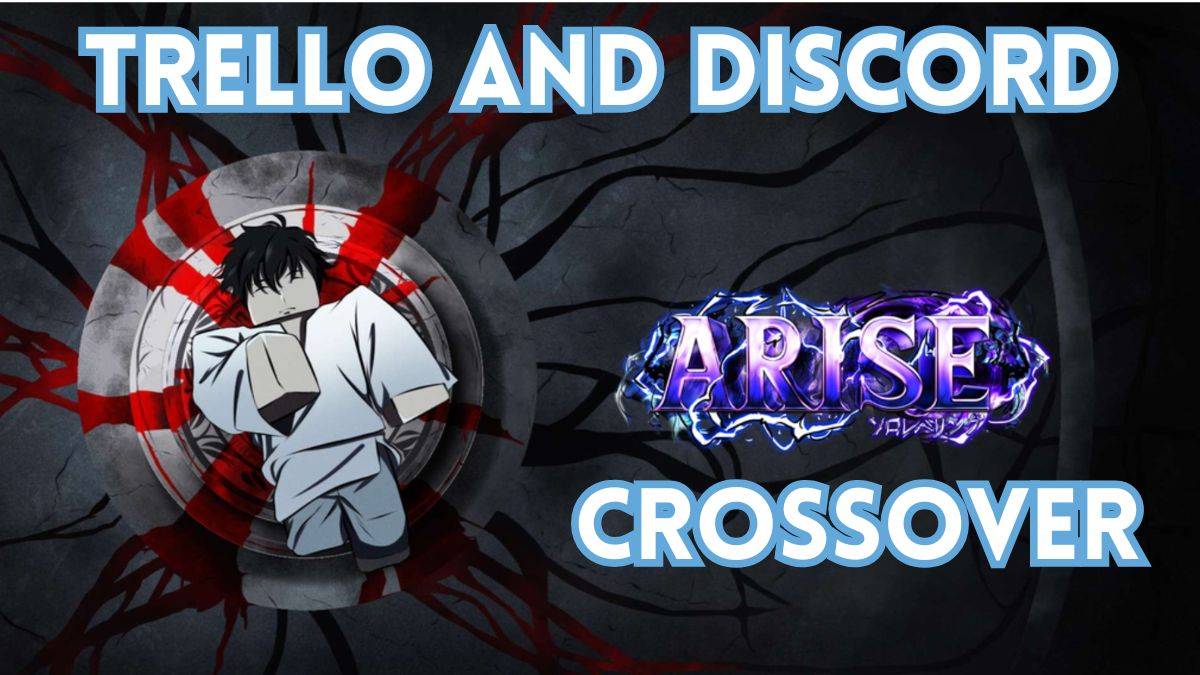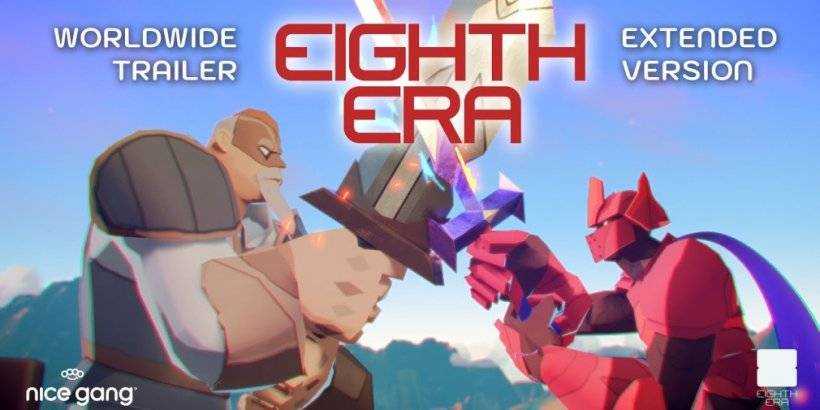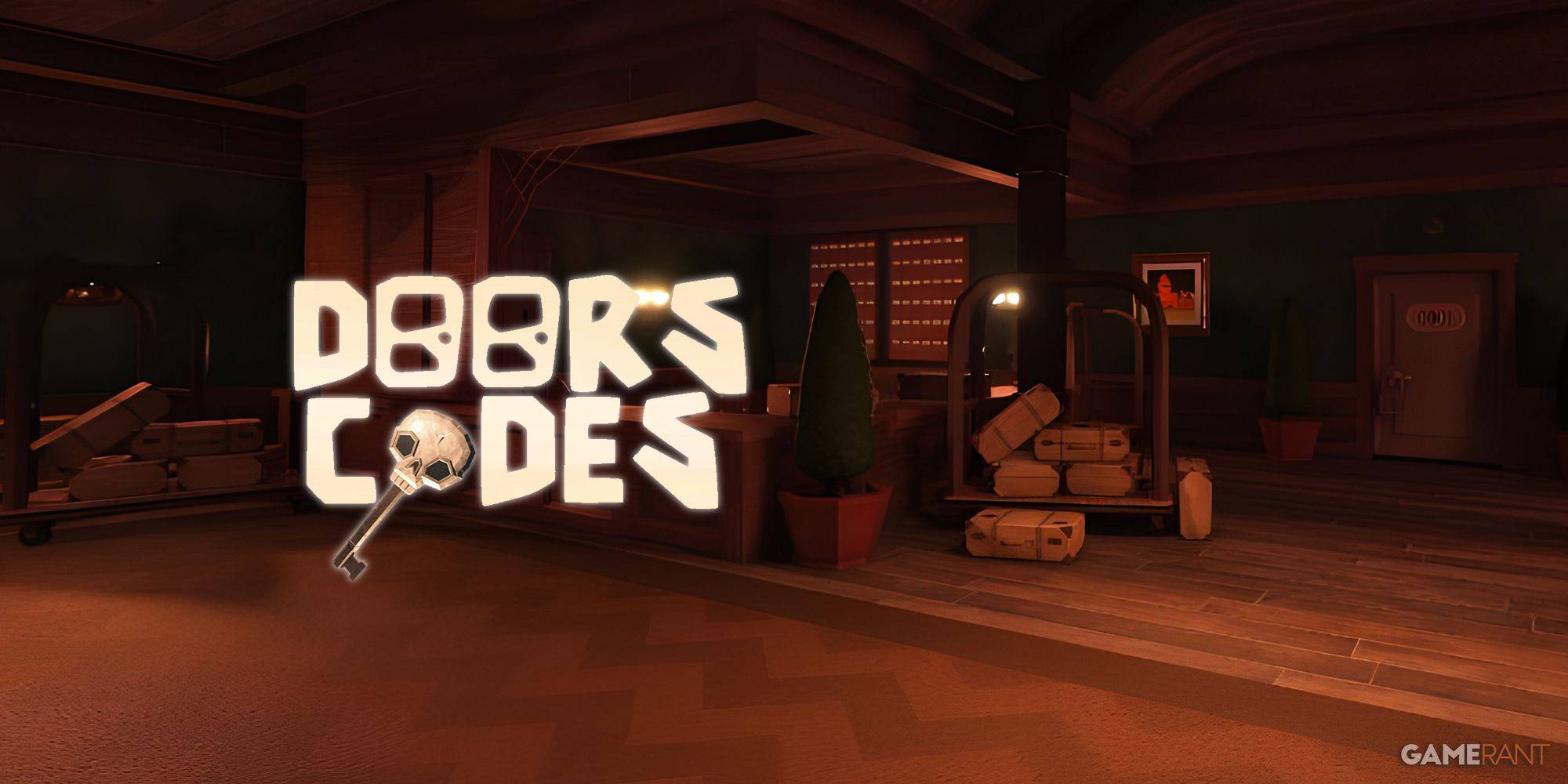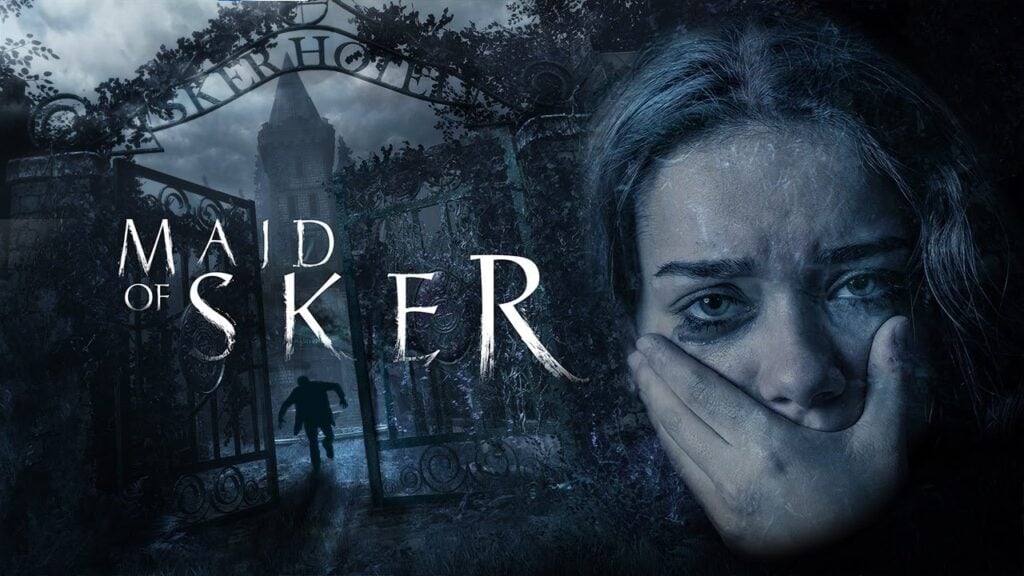Home > News > As Civilization 7 Dataminers Discover Reference to the Atomic Age, Firaxis Says 'We're Excited for Where This Is Going'
As Civilization 7 Dataminers Discover Reference to the Atomic Age, Firaxis Says 'We're Excited for Where This Is Going'
In the world of *Civilization 7*, dataminers have uncovered hints of an exciting new addition: a fourth, unannounced Age. This revelation comes alongside a revealing interview with IGN, where Firaxis, the game's developer, teased their future plans for the game.
A complete campaign in *Civilization 7* spans three Ages: Antiquity, Exploration, and Modern. Each Age concludes with an Age Transition, a pivotal moment where players and AI opponents simultaneously select a new civilization from the upcoming Age, choose which Legacies to carry forward, and witness the evolution of the game world. This innovative system is a first for the *Civilization* series.
The Modern Age in *Civilization 7* concludes before the onset of the Cold War. Lead designer Ed Beach confirmed this timeline in the IGN interview, explaining that Firaxis chose to end the current version of the game at the close of World War 2. Beach elaborated on the historical reasoning behind the Age transitions, highlighting the global shifts that mark the end of each Age.
"We spent a lot of time looking at the ebbs and flows of history," Beach said. "Once we knew that our game would benefit by breaking it up into chapters, obviously the first thing we ask ourselves is, 'well, when does a chapter start and when does a chapter end?' And our senior historian on the project, Andrew Johnson, was working very closely with me, comes from a study of Southeast Asian history. My tendencies are way too focused on Western history, but he's very good at making sure that we're looking at the whole picture worldwide. But we did notice that all the big empires of antiquity, it wasn't just the Roman Empire, but even the big empires over in China and India crumbled under outside pressure in the rough same time period, the 300 to 500 common era time period that Rome was being challenged. Those big empires face challenges across the world."
Beach further explained the transitions: "So we're like, okay, that's a great ending chapter for the first block of our game or what we're going to call the Age. So that's where Antiquity ends. And so we started looking for other places where the other chapters should end. The transition from Exploration to Modern is all about those big monarchies that were established, especially in places like Europe being challenged by people's revolutions, like the French Revolution or the American Revolution. There were a lot of revolutions in Europe in the 1840s as well. So that felt like a good grounding point. And then the nations emerging from it, the Americas and the French and so forth, could be in the Modern Age that follows."
"Then we looked for where's the next big shakeup worldwide in history, and it was the World Wars. We had to feel like there was a big pivot in history in 1945 essentially after the World Wars. Especially because we have new gameplay systems that can be unique for each Age, so we can change the rules of diplomacy or the rules of warfare, which commanders you have access to, whenever we change Ages, we need to make sure that those breaks have enough conformity to what happened in real life that they make sense to us."
Beach concluded, "So yeah, we very deliberately did not push into the Cold War time period because that is one that just felt very different than the rest of the Modern Age. It just sort of dips its toes in the Cold War, like you've identified with the thermonuclear device being the one that ends the military victory path there."
The possibility of a fourth Age naturally sparked curiosity about future expansions. Executive producer Dennis Shirk hinted at the potential for further development, saying, "You can imagine the possibilities with this, honestly. The way that the design team set it up so that each age is chockfull of systems, visuals, units, Civs, all specific to that age, and what you could do with that and where you could take it… we can't talk about the specifics. We can just talk about it in generalities. We're excited for where this is going to go."
Following Shirk's tease, dataminers, particularly Redditor ManByTheRiver11, discovered references to the Atomic Age within the game's files, along with mentions of unannounced leaders and civilizations. This aligns with Firaxis' strategy of releasing DLC for previous *Civilization* titles and fits well with the current end point of *Civilization 7* and Shirk's hints.
In the meantime, Firaxis is addressing community feedback to improve the game's reception, which has been mixed on Steam. Take-Two CEO Strauss Zelnick, in an interview with IGN, acknowledged the negative reviews but remained optimistic, stating that the "legacy Civ audience" would warm up to the game over time and described *Civilization 7*'s early performance as "very encouraging."
For players eager to conquer the world in *Civilization 7*, our comprehensive guides offer valuable insights. From completing every victory type to understanding the significant changes from *Civilization 6*, and avoiding common mistakes, we've got you covered. Additionally, explore our explanations of all the map types and difficulty settings to enhance your gameplay experience.
-
1

Arise Crossover Trello and Discord
Mar 16,2025
-
2

Eighth Era celebrates 100,000 downloads with a limited-time Era Vault event
Mar 17,2025
-
3

Google Play Awards 2024 winners include Squad Busters, Honkai: Star Rail, and more
Jan 09,2025
-
4

Select Quiz lets you test your knowledge across multiple topics
Mar 17,2025
-
5

Which Starter Should You Choose in Pokemon Legends: Z-A?
Mar 16,2025
-
6

Animal Crossing: Pocket Camp Complete - Where to Farm Snacks
Jan 08,2025
-
7

GTA Online Celebrates St. Patrick’s Day with Free Gifts and Bonuses
Mar 17,2025
-
8

Dodgeball Dojo is a new family-friendly, anime-inspired card game coming to iOS and Android
Jan 12,2025
-
9

Roblox: DOORS Codes (January 2025)
Jan 07,2025
-
10

Ace Force 2: Immersive Visuals, Dynamic Character Arsenal
Dec 10,2024
-
Download

Magnet Hero
Action / 45.6 MB
Update: Feb 11,2025
-
Download

Bulma Adventure 2
Casual / 57.55M
Update: Mar 09,2024
-
Download

!Ω Factorial Omega: My Dystopian Robot Girlfriend
Casual / 245.80M
Update: Sep 10,2024
-
4
FrontLine II
-
5
IDV - IMAIOS DICOM Viewer
-
6
ALLBLACK Ch.1
-
7
Red Room – New Version 0.19b
-
8
Escape game Seaside La Jolla
-
9
beat banger
-
10
Color of My Sound














